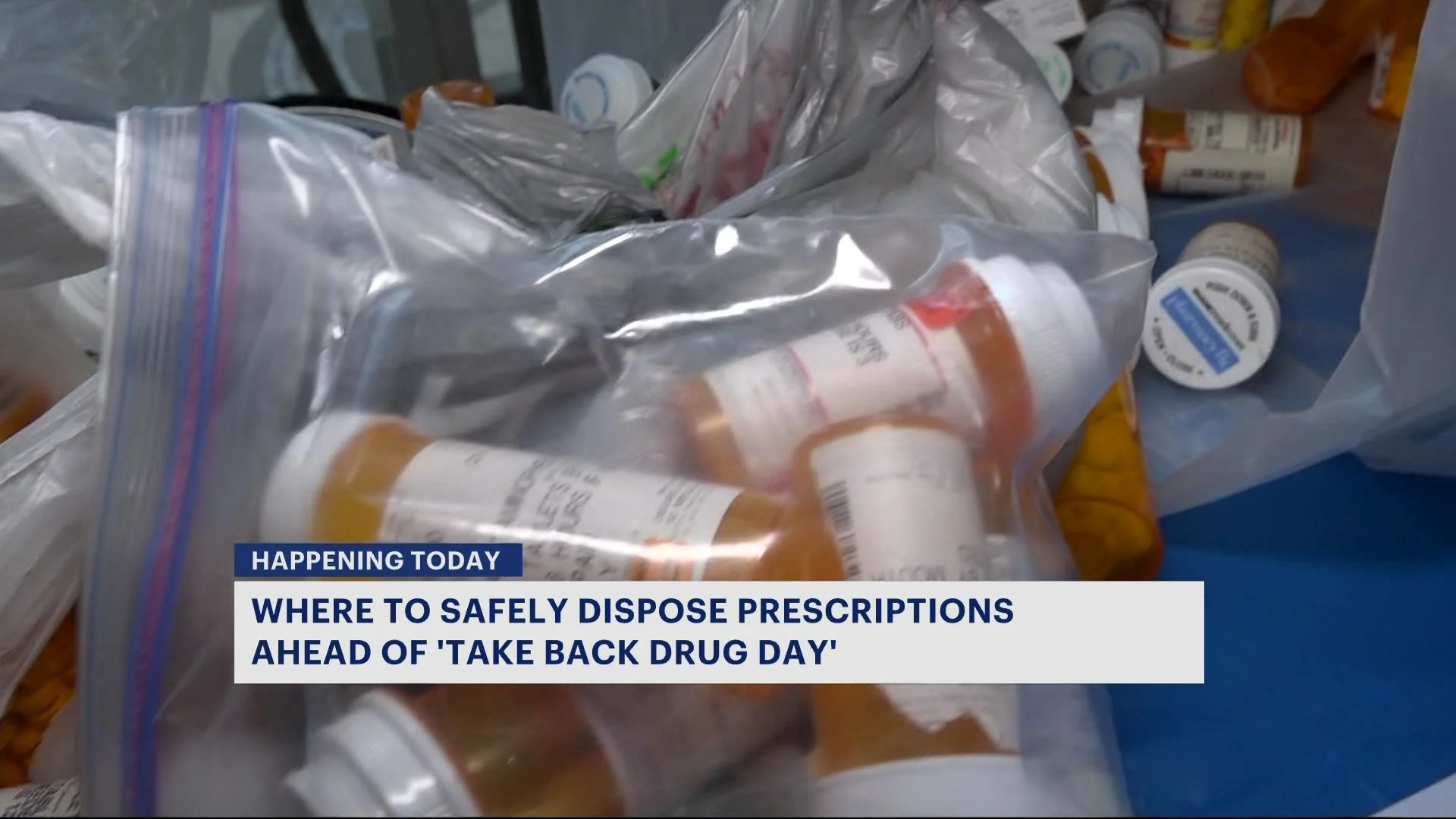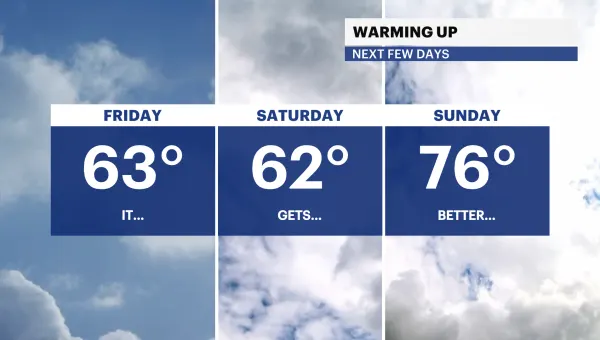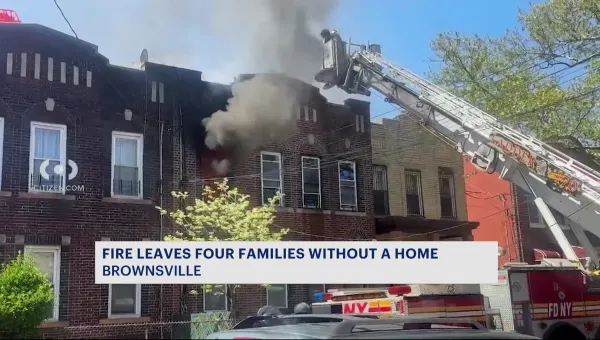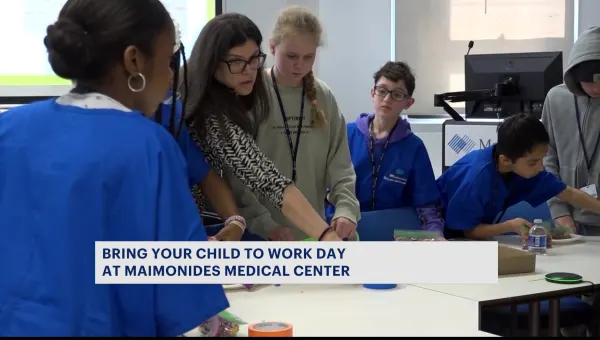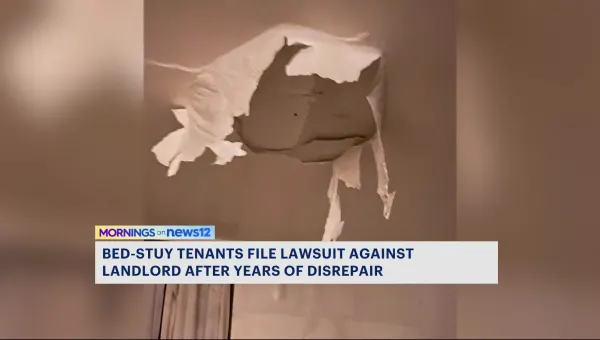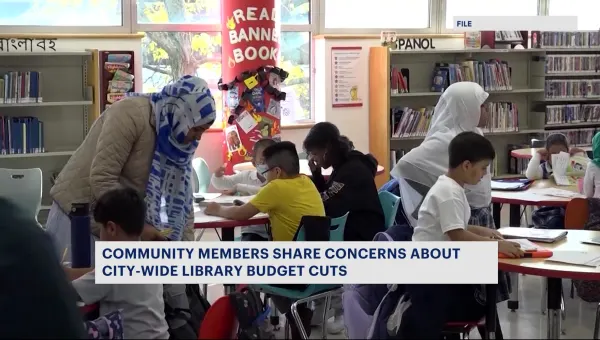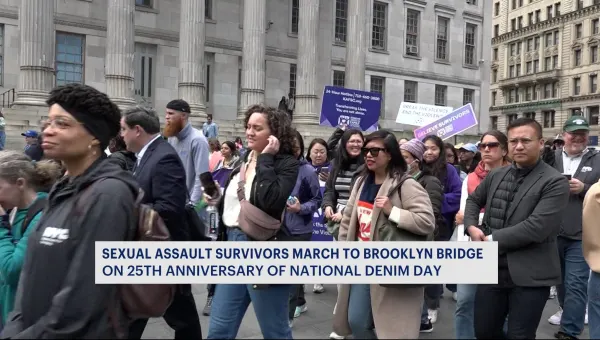Couples, doctors speak about infertility
With National Infertility Awareness Week underway, couples who have struggled with the problem and doctors who work to fix it are sounding the alarm about what can be done to improve the odds of conceiving.
News 12 Staff
•
Apr 25, 2015, 1:51 AM
•
Updated 3,289 days ago
Share:

With National Infertility Awareness Week underway, couples who have struggled with the problem and doctors who work to fix it are sounding the alarm about what can be done to improve the odds of conceiving.
Jennifer, a Park Slope resident who is being referred to by only her first name, is the proud mother of two. But conceiving her children wasn't easy. "After I got married, I turned 30 and thought it would be a prime time to start trying," says Jennifer. "I spent about a year and a half going to two other doctors without success." She says her condition was even misdiagnosed.
She and her partner were among the 1 in 8 couples who suffer from infertility, according to the National Infertility Association. The condition can take a toll emotionally, physically and financially.
Jennifer eventually learned that she had endometriosis, which is a problem with the lining of the uterus, and she started treatment.
"Having such an extraordinary challenge getting pregnant almost makes the pregnancy unbelievably enjoyable," says Jennifer.
Millions of Americans suffer from infertility. Dr. George Kofinas, of the Fertility Institute at New York Methodist Hospital, says many factors play a role in infertility, which affects women and men. Age is among the biggest factor, he says.
"The fertility rates decline with age. And after the age of 37, they decline precipitously," says Dr. Kofinas. He suggests that women who plan to wait to conceive should freeze their eggs before their late 30s.
In addition to freezing eggs, Dr. Kofinas recommends eating healthy, exercising and not smoking.
